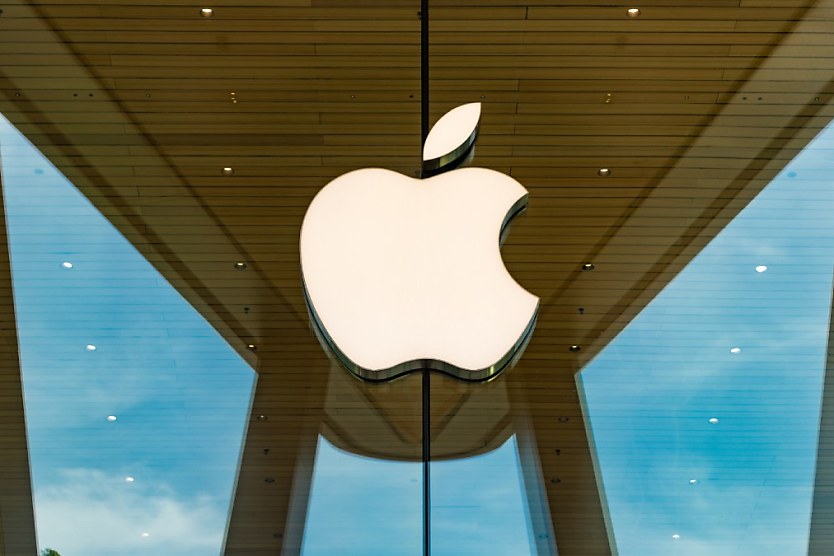The biggest flops (and surprise winners) in recent tech history
SHARE THIS ARTICLE

From Zune, Microsoft’s answer to Apple’s iPod to iSmell, the device designed to release scents relevant to whatever crosses your desktop screen – tech has had its share of losers. But in the tech game, the winners have much to brag about.
Every day, headlines decry the ‘Third Industrial Revolution’ (the digital one) while others likely thing of this as an understatement. But what of the tech losers? What about the many startups, entrepreneurs, patents, and unicorns that took off only to fly too close to the sun?
Recently, Harvey Nash Group published its Digital Leadership Report which gathered insights from leaders on the frontlines of tech on the biggest flops and positive surprises in tech over recent years.
Let's start with the losers.
Tech flops
When digital leaders were asked to name the most disappointing tech of the last 25 years, the following five candidates were most frequently mentioned:
- Blockchain (166 mentions)
- Virtual reality (102 mentions)
- Metaverse (91 mentions)
- Social media (47 mentions)
- 3D devices (26 mentions)
Though the report makes limited mention of the reasons behind each respondent’s decision, it’s clear that many considered a more than popularity. Social media, for instance, could hardly be called a flop in terms of uptake. Indeed, an estimated 60 per cent of the world’s population uses social media, with an average global use of 2 hours and 24 minutes. In the 12 months leading to April 2023, 150 million new users came online while nearly a third of the world’s population say social media is their main source of news.
Social media has made a splash. The survey, however, asked respondents to put down the biggest tech ‘disappointments’ – an open-ended term. For reference, chief information officer at Shell, Allan Cockriel, justified his decision to name social media among the biggest tech disappointments over the last quarter century in the following way.
“The adverse impacts of social media, such as the spread of (dis/mis)information and the negative psychological impact on individuals and communities,” said Mr Cockriel.
The same reasoning likely did not apply to some of the other contenders for the biggest tech disappointments. Sadia Hasan, for example, director of product management at Meta, put self-driving vehicles on her list.
“Implementation [of self-driving vehicles] has been hampered by safety, regulatory hurdles and resistance, labour issues, and marginal profitability in industries like ridesharing that support and precede self-driving options,” said Ms Hasan.
Other contenders – like blockchain and metaverse – perhaps need no explanation.
Bryan Glick, editor-in-chief at Computer Weekly, lamented our approach to tech more broadly.
“Get excited about new innovations by all means, but let’s learn to mitigate against the downsides a lot sooner,” he added.
Now, let’s flip the coin.
Tech successes
While the report was sparse on stats when it came to tech winners, it did refer to several general opinions among tech leaders on the matter. The following tech winners were listed:
- Clean energy and renewable technologies
- Vaccines and pandemic-responsive technologies
- Widespread adoption and democratisation of the internet
- Technical ecosystems created for mobile devices
- Telemedicine and remote healthcare
Concerning vaccine-responsive tech, Gary Shapiro, president, and chief executive at the Consumer Technology Association said: “Many people were able to keep doing their jobs; it improved us in terms of getting us a vaccine relatively quickly. It changed the way we did business and even how we look at each other and treat each other.”
More generally, Mr Glick said he was most surprised by the way technology has become ‘cool’: “If I tell someone I meet that I work in something to do with tech, they want to know more these days – it was the complete opposite 25 years ago.”
RELATED TERMS
Your organization's culture determines its personality and character. The combination of your formal and informal procedures, attitudes, and beliefs results in the experience that both your workers and consumers have. Company culture is fundamentally the way things are done at work.
Nick Wilson
Nick Wilson is a journalist with HR Leader. With a background in environmental law and communications consultancy, Nick has a passion for language and fact-driven storytelling.

